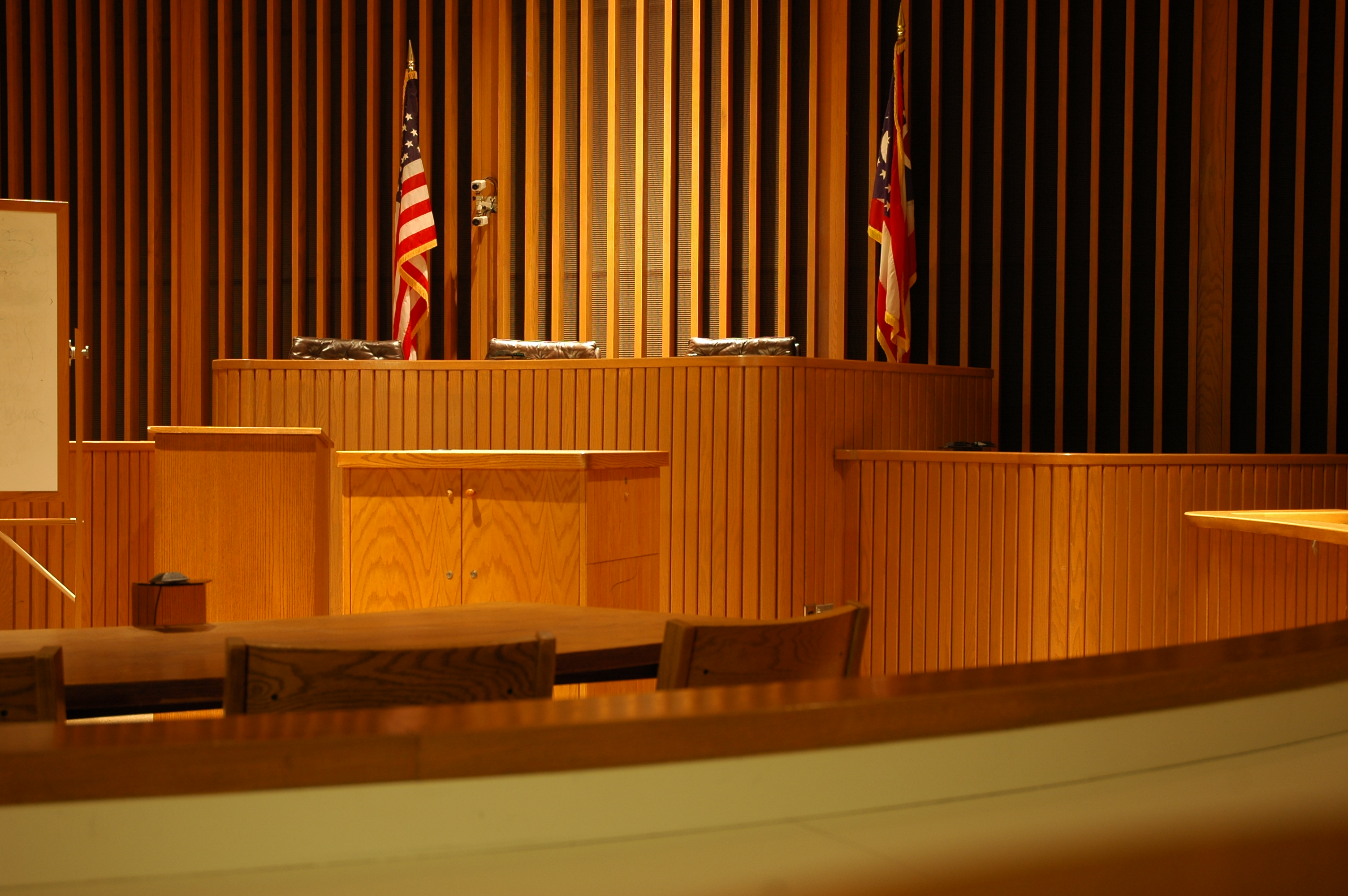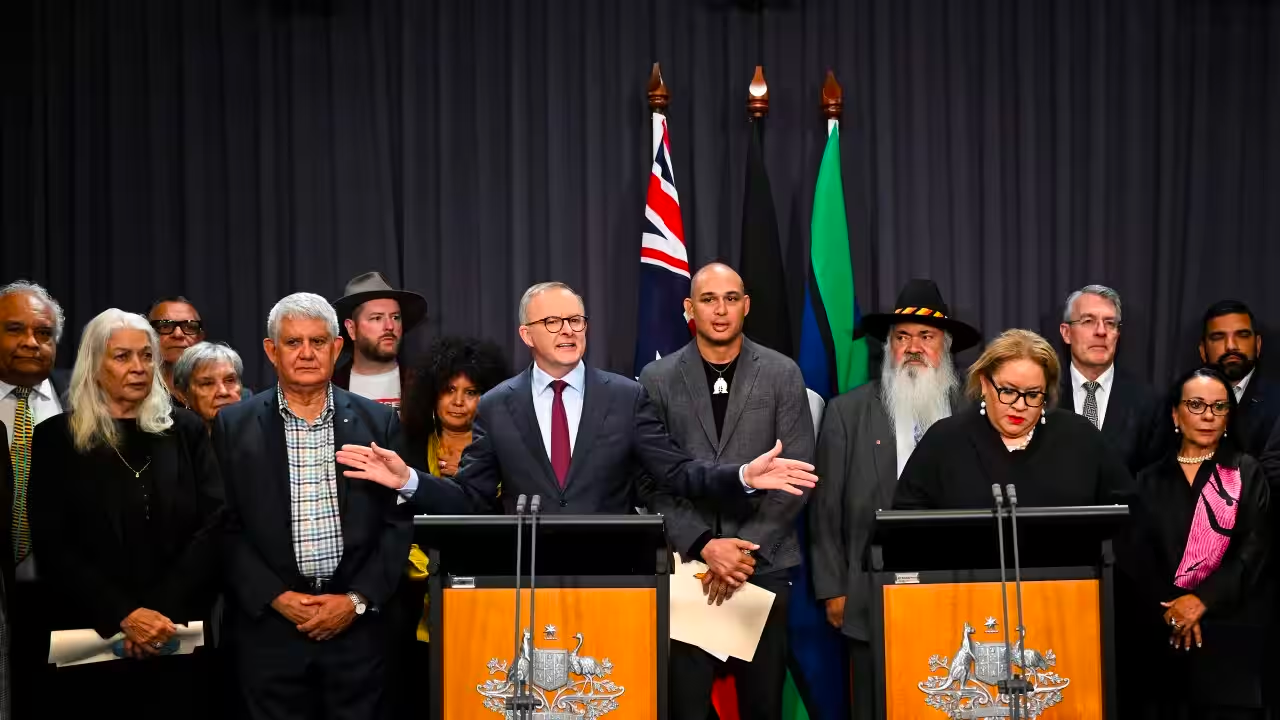It was only a few years ago that Korean law schools were actually four-year undergraduate institutions with a two-year required mentorship at the JRTI – the Judicial Research & Training Institute modeled after and installed during Japanese colonial rule.
All that changed in 2007 with the passage of national legal education reforms. Today Korea’s legal education system is a relatively faithful adherent to US-style law schools, three-year graduate J.D. programs that scrapped mandating JRTI mentorships. If you want a full list of grievances or details, the law students at Yonsei are most happy to oblige.
The shift from East Asian, Japanese inspired legal education towards a US one is indicative of a greater phenomenon, the globalization of American law. The influence of US law manifests itself not only in education, but in international and domestic legal codes, legal culture and style of arbitration.
The spread of US style law has become particularly pervasive in East Asia and some ASEAN countries with the expansion and inculcation of neoliberalism in their stock markets, commerce and mega corporations like Sony, Hyundai, Samsung, Broadcom, Cathay, Formosa and Hon Hai in Taiwan.
In East Asia, it has become increasingly prudent for business and law students to study American law, especially commerce law. The US’ Uniform Commercial Code (UCC) has so heavily influenced the UN International Sale of Goods and other international commercial codes, that law students around the globe regularly study the UCC. It is not just the UCC but also classes on intellectual property, product liability, securities and US contract law are offered to international students. Why, this semester US contract law is being taught here at Yonsei to both law and GSIS students!
So why should we care? Well, US legal influence has both its proponents and staunch opponents who fear contagion from some of US law’s grosser ills such as aggressive arbitration and bloated litigation rates. While some point out how this trend has somewhat abated, or at least confronted more push back and resistance, as in China’s case, it is more likely that US influence has just settled in; legal institutions have already adjusted. If this trend was really abating, why would Korea completely revolutionize its legal education system?
What is so different about the American legal style and why might it have a negative influence? Both in the EU and Asian legal cultures, like China, Japan and Korea, mediation has been an important cultural, political and legal tool. In Japan, the vast majority of traffic accidents are quickly resolved with 50/50 liability between the two parties insurers no matter really whose fault it was – an efficient and amicable resolution. Backdoor personal mediation between business leaders rather than reversion to costly and timely, though more transparent, litigation was a defining feature of Japanese business and politics. Desire to avoid public battle and see quick resolution of issues via more personal, honor-coded relations is important, not only in Japan but in China and Korea too. Many see this as a virtue of East Asian law, or at least more true to greater cultural attitudes and tradition.
American legal culture, on the other hand, is defined by its emphasis on transparency, expansive private rights, and therefore equality under the law. Such emphasis means highly detailed, transparent laws that require strict adherence via formal legal institutions. The resultant process is highly dependent on a team of lawyers, lots of documentation and oversight, and extensive litigation over wording and small aspects of legal code. Add on top of this the American adversarial style of litigation, which perhaps has a greater focus on winning rather than adherence to truth, and you get a costly, timely and bloated legal system that wastes important resources.
Politics and law Professors Kelemen and Sibbit’s well-cited article, “Globalization of American Law,” details how EU countries and Japan have been forced to adapt due to increased economic liberalization and global competition that cause convergence in regulatory standards (often set by the US). While mere convergence of regulations and policy may actually be a good thing, making global business more streamlined and easier to do, it has brought with it the spread of American corporate law firms. US lawyers and firms are attractive because they are often best situated to offer legal services and dynamic arbitration capacity to multi-billion dollar corporations, or even smaller companies without the resources to develop their own native legal teams with competitive commercial legal backgrounds. Even though there are plenty of highly skilled domestic lawyers and law firms, they are forced to compete on the level and aggressive style of US law firms they oppose in the courtroom.
The project of neoliberalism has brought about globalization, increasing economic interdependency and certain convergences in legal codes and styles. While interdependence can be good, it perhaps comes at the cost of distinctive cultures, such as East Asian informal mediation. The US, as a superpower, has done much to orient and influence the dialogue of globalization, therefore reproducing both its desirable and less than desirable practices.
Legal systems around the world necessarily influence each other the more interconnected the world becomes, both intellectually and pragmatically. Pragmatic concerns like money and power hold sway in the law, but the law can be biased in other subtler ways. The globalization of American law, in code, education and legal style are evidence of a more intellectual program of influence.
For law and non-law students in Korea, the recent reforms should awaken us to this truth. It does not have to be negative, compromise with and adoption of new ways of thinking can bring positive change; law has never been a pure science. But keener and more discerning eyes will help to proactively negotiate the influence of American law and protect best practices in domestic legal cultures.
- MY City – The Planet - January 23, 2018
- 70 Years of Two Koreas: The ’47 UN Vote For Elections - January 16, 2018
- Trade or No Trade: China’s DPRK Dilemma - June 5, 2017






